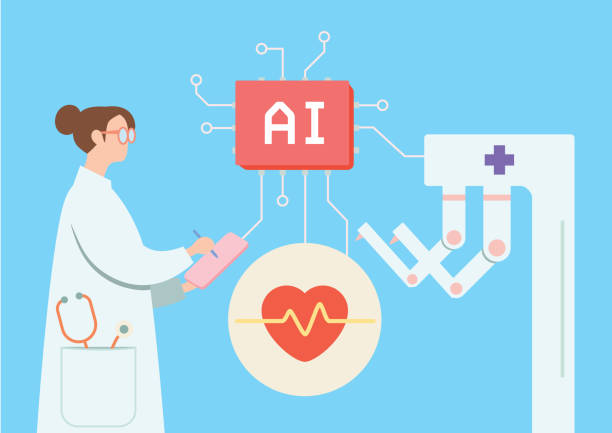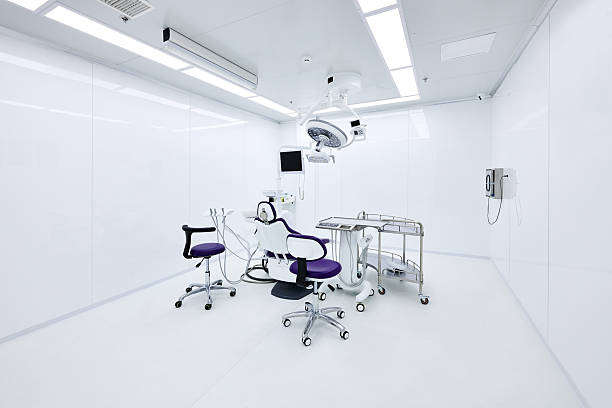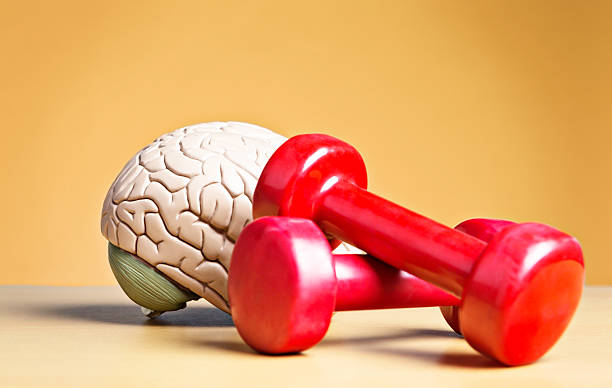Artificial Intelligence (AI) is revolutionizing industries, and nowhere is its impact more profound than in healthcare. From early disease detection to personalized treatment plans, AI technologies are transforming how doctors diagnose, treat, and manage patient care. As the healthcare sector faces growing demands and complex challenges, AI offers powerful tools to improve outcomes, efficiency, and accessibility.
Contents
1. Early and Accurate Diagnosis
AI-powered systems can analyze massive datasets—including imaging scans, lab results, and patient records—to detect diseases with remarkable accuracy. Machine learning algorithms, especially in radiology and pathology, are helping doctors identify:
- Cancer tumors in mammograms and MRIs
- Lung conditions like pneumonia or COVID-19 in X-rays
- Neurological disorders like Alzheimer’s through brain scans
These tools often catch abnormalities that may be missed by human eyes, improving early diagnosis and potentially saving lives.
2. Predictive Analytics and Risk Assessment
AI can evaluate patient history, genetics, and lifestyle data to predict the likelihood of developing chronic diseases such as:
- Heart disease
- Diabetes
- Stroke
- Certain types of cancer
By flagging high-risk patients early, healthcare providers can intervene sooner with preventive care, reducing long-term costs and improving patient outcomes.
3. Personalized Treatment Plans
One-size-fits-all treatment is becoming outdated. AI enables precision medicine, where treatment is tailored to a patient’s genetic makeup, health history, and real-time data. For example:
- AI models can recommend the most effective chemotherapy drug for a cancer patient based on genetic markers.
- Wearable devices feed real-time health data into AI systems that adjust medication dosages for chronic diseases like diabetes or hypertension.
This individualized approach improves efficacy and reduces the risk of adverse effects.
4. Virtual Health Assistants and Chatbots
AI-driven virtual assistants help patients manage their health outside of clinical settings. These tools:
- Schedule appointments
- Remind patients to take medication
- Provide answers to common medical questions
- Monitor symptoms and offer triage advice
By automating routine tasks, AI improves access to care and frees up healthcare professionals for more critical responsibilities.
5. Streamlining Administrative Tasks
AI isn’t just changing medicine—it’s optimizing how hospitals and clinics run. Machine learning tools can:
- Automate medical billing and coding
- Sort and manage electronic health records (EHRs)
- Reduce patient wait times by optimizing scheduling
This boosts efficiency, reduces burnout among staff, and helps healthcare facilities operate more effectively.
6. Drug Discovery and Development
AI is accelerating the pace of pharmaceutical research by analyzing molecular structures, predicting how drugs will interact with the body, and identifying promising compounds faster than traditional methods. Companies like DeepMind and IBM Watson are using AI to:
- Shorten the drug development timeline
- Cut research costs
- Discover new applications for existing medications
This has the potential to bring life-saving treatments to market faster than ever before.
Final Thoughts
AI in healthcare is not just a futuristic concept—it’s already reshaping how medicine is practiced. From faster diagnoses to smarter treatment strategies, AI empowers healthcare providers to offer more accurate, efficient, and personalized care. While challenges remain around data privacy, regulation, and implementation, the potential benefits far outweigh the risks.
As technology continues to advance, AI will become an indispensable partner in the pursuit of better health for all.




